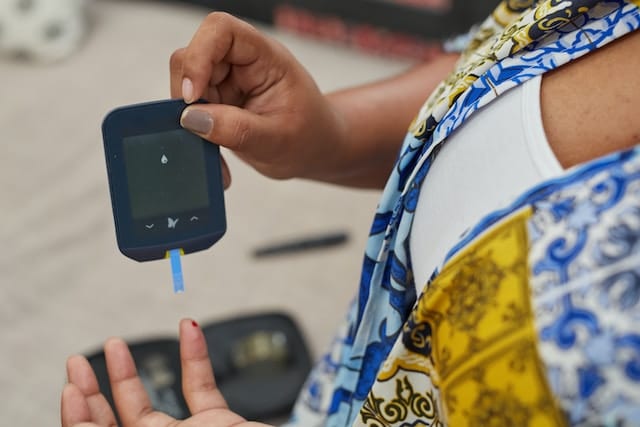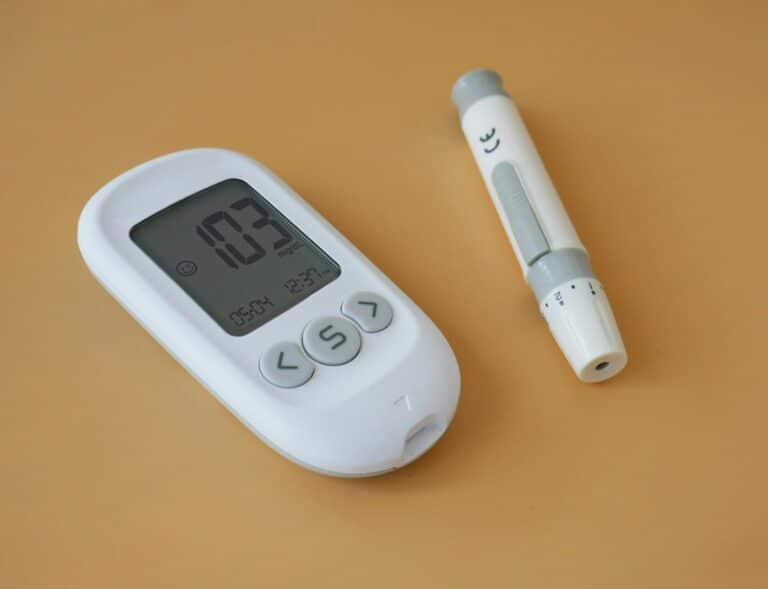Managing Blood Glucose – Effective Strategies for Diabetes Control
Diabetes is a chronic condition that needs to be managed correctly. The disease affects millions of people worldwide. One of the key aspects of diabetes management is controlling blood glucose levels to prevent complications and maintain overall health. This article will explore effective strategies for managing blood glucose and achieving optimal diabetes control.
Healthy Eating Habits:
Maintaining a balanced and nutritious diet is crucial for controlling blood glucose levels in diabetes. Consider the following dietary tips:
- Carbohydrate Counting: Understanding the impact of carbohydrates on blood glucose is essential. Monitoring and spreading carbohydrate intake throughout the day can help manage blood sugar levels effectively.
- Glycemic Index: Opt for foods with a low glycemic index (GI), as they have a lesser impact on blood glucose levels. These include whole grains, legumes, non-starchy vegetables, and lean proteins.
- Portion Control: Be mindful of portion sizes to avoid consuming excessive calories and carbohydrates. Using smaller plates, measuring food portions, and practicing mindful eating can be helpful.
Regular Physical Activity:
Physical activity plays a significant role in managing blood glucose levels and improving insulin sensitivity. Consider the following recommendations:
- Aerobic Exercise: Engage in moderate-intensity aerobic activities such as brisk walking, swimming, or cycling for at least 150 minutes per week.
- Strength Training: Incorporate resistance exercises two to three times per week to build muscle mass and enhance insulin action.
- Regular Movement: Avoid prolonged sitting or sedentary behavior by incorporating breaks, stretching, and light daily activities.
Medication and Insulin Therapy:
For many individuals with diabetes, medication, and insulin therapy are necessary to achieve optimal blood glucose control. Follow these guidelines:
- Medication Adherence: Take prescribed medications as directed by your healthcare provider. Maintaining a consistent routine and communicating any concerns or side effects is essential.
- Insulin Management: If prescribed insulin therapy, learn proper injection techniques, timing, and dosage adjustments. Regularly monitor blood glucose levels to ensure appropriate insulin administration.
- Work with Healthcare Team: Collaborate closely with your healthcare team to establish an individualized treatment plan that meets your needs and goals.
Regular Blood Glucose Monitoring:
Frequent blood glucose monitoring provides valuable information for diabetes management. Consider the following monitoring practices:
- Self-Monitoring: Regularly check your blood glucose levels using a glucose meter. Please record your readings and share them with your healthcare team for evaluation.
- Continuous Glucose Monitoring (CGM): CGM systems provide real-time blood glucose data and help identify patterns and trends. Discuss with your healthcare provider if CGM is suitable for you.
- HbA1c Testing: HbA1c is a blood test that reflects average blood glucose levels over the past few months. It provides an overview of long-term glucose control.
Stress Management and Emotional Well-being:
Stress and emotions can impact blood glucose levels. Incorporate stress management techniques into your routine:
- Relaxation Techniques: Practice techniques such as deep breathing, meditation, or yoga to reduce stress and promote emotional well-being.
- Support System: Seek support from family, friends, or diabetes support groups to share experiences and gain valuable insights.
- Mental Health Care: Consider counseling or therapy if diabetes-related stress or emotional challenges persist.
Conclusion:
Effective management as well as strategies for diabetes control of blood glucose levels is crucial for individuals living with diabetes. By adopting a healthy eating plan, engaging in regular physical activity, adhering to medication or insulin therapy, monitoring blood glucose levels, and prioritizing stress management and emotional well-being, individuals can achieve optimal diabetes control. Remember to work closely with your healthcare team, as they can provide personalized guidance and support throughout your diabetes journey. With consistent effort and a comprehensive approach, you can successfully control blood glucose levels and lead a fulfilling life with diabetes.
Image Credit






